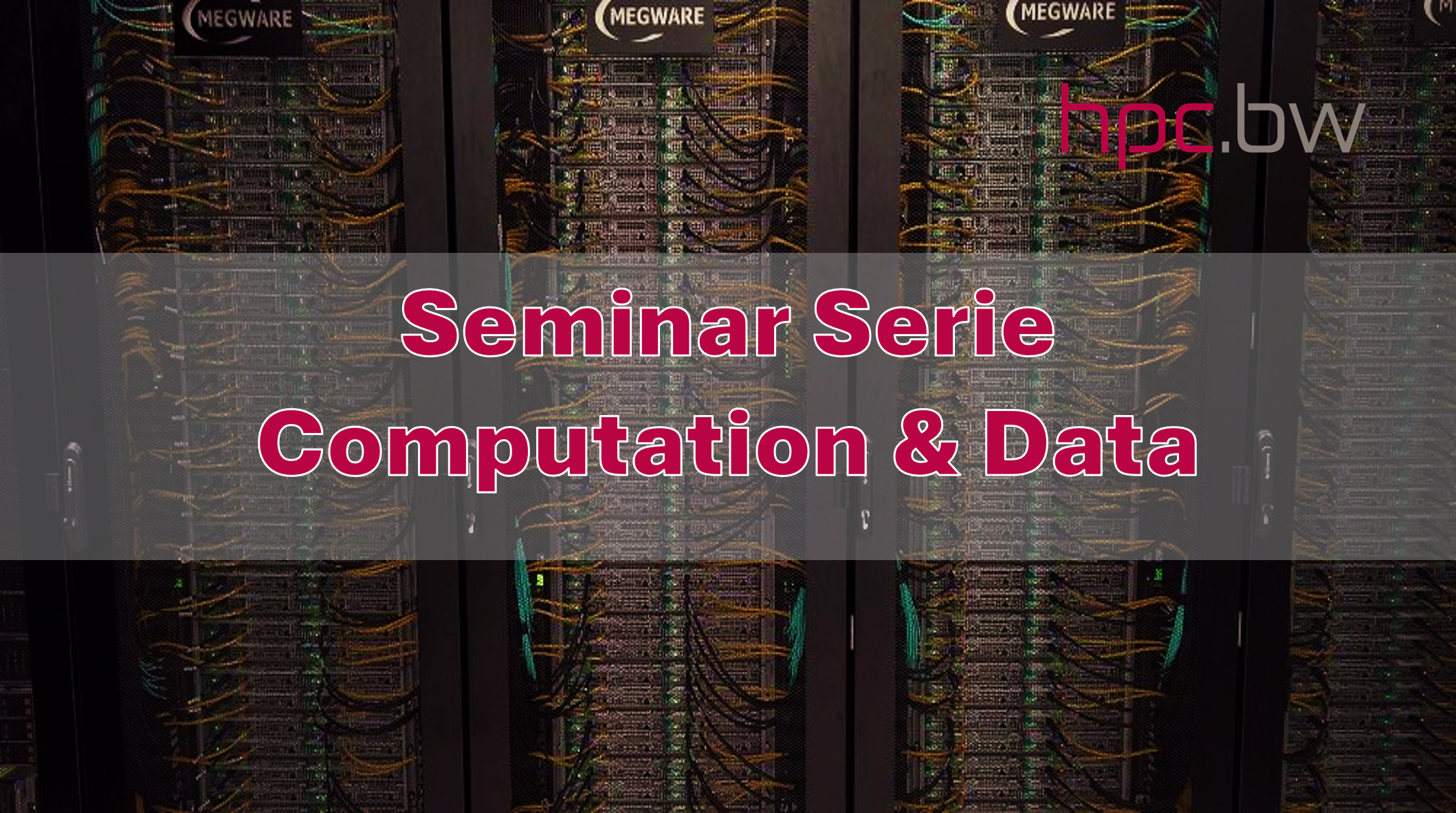


The goal of the interdisciplinary seminar series Computation & Data at HSU is to bring together researchers and foster exchange on the development of algorithms, methods and software. The seminar series is typically scheduled for the last Wednesday every month, 16:00-18:00, with 1-2 presentations per hybrid session (digital and at HSU).
Feel free to subscribe the seminar newsletter by sending an e-mail to info-hpc-bw@hsu-hh.de with the subject line „Subscription Seminar Computation & Data”.
Optimizing product design is crucial across various engineering domains, often relying on computational simulations that can become prohibitively time-consuming for industrial applications. This work introduces two learning-based methods — reinforcement learning (RL) and physics-informed neural networks (PINNs) — to enhance the design process for flow channels in profile extrusion dies. Profile extrusion is the process of manufacturing plastic profiles with a desired cross-sectional shape, where the die’s design significantly influences the quality of the final product. RL, inspired by trial-and-error learning, reformulates classical optimization problems as learning tasks, while PINNs construct physics-aware surrogate models to reduce computational time in scenarios requiring repeated evaluations.
The presentation will first explore the application of RL in optimizing flow channel shapes, comparing different problem formulations and algorithm performances. The second part will focus on accelerating this learning process by integrating a PINN surrogate into the workflow, replacing costly high-fidelity simulations. The discussion will cover the basics of PINNs and the necessary adaptations for their use in shape optimization problems.
In recent years, Germany has experienced a significant influx of asylum applications, hosting nearly 2.1 million refugees as of 2022, which accounts for 6% of the global refugee population. Migration and forced displacement are reshaping German society. The German Socio-Economic Panel (GSOEP) is a representative longitudinal survey that provides valuable insights into the socio-economic aspects of individuals in households throughout Germany, including migration (IAB-SOEP Migration Samples) and refugee populations (IAB-BAMF-SOEP Sample of Refugees in Germany). This presentation discusses methods to efficiently merge data, address data quality issues, and optimize storage and pre-processing of large panel data. These methods facilitate fast visualization, descriptive analysis, and lay a flexible foundation for robust imputation methods and advanced statistical modeling using high-performance computing HPC).
Implementing idely-used Python libraries, the main challenges encountered were hardware limitations while handling multiple datasets after merging relevant information. The methodology involves incremental integration by merging data with a foundational dataset, significantly reducing its size and computational time. All essential data is preserved in accessible formats for subsequent analysis. To address patterns of panel attrition, imputation methods (MICE) can be employed to handle missing data, providing more robust estimates. Further statistical modeling should provide a broader understanding of the influential factors regarding the educational pathways of newly arriving migrant and refugee populations.
This presentation outlines a flexible framework for data pre-processing with the GSOEP migration and refugee subsamples, demonstrating a methodology for handling larger datasets for potential future HPC usage, addressing data quality issues, and discussing hardware challenges.

